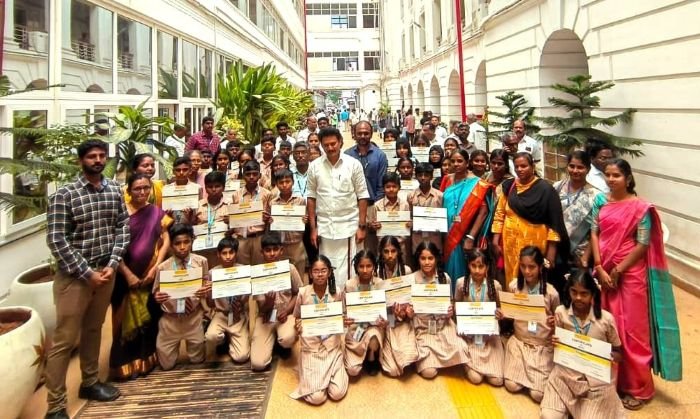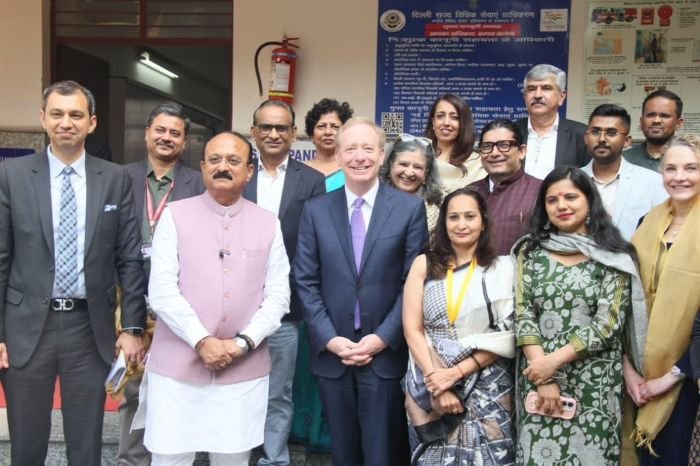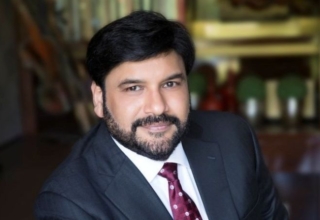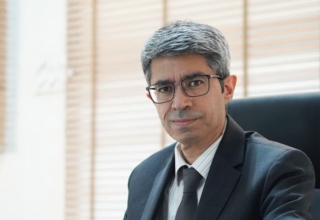
Skill sector is the toughest and complicated areas that needs clear understanding for moving forward
Centum Learning (esb 2006), a wholly owned subsidiary of Bharti Enterprises, provides end-to-end corporate training programmes and skill development solutions. Its subsidiary Centum WorkSkills is partnering NSDC for skilling 12 million youth across the country. The company is also implementing PMKVY scheme for MoS Gen (Retd) V K Singh in Ghaziabad constituency. Sanjeev Duggal CEO & Director of Centum Learning spoke to Autar Nehru on various issues.
Mr Duggal, clearly the narrative around skill development scenario has changed a lot at least in past six months or so. Do you feel that way?
I agree there is a lot of noise around skill sector, it is a happening space. Badal committee recommendations and World Bank partnership is welcome. But I must tell you it is also one of the toughest and most complicated work areas. The factual situation is that is a lot of requirement for skill training but we are still far from adopting a standardized solution as a country. To be honest, private players work for themselves in the sense that works for their clients and targets. It is the government, which has to take a serious look at its multiple schemes for fuelling job growth.
But isn’t creation of jobs more dependent on economy than government?
Yes, but then it is a question of funding the right way. People like us generate 70% of our revenue from training needs of corporate. We chase CSR funds. There are players who in hope of government money opened shops but had to close down as that didn’t come on time. The skill sector is a diverse ecosystem. It has 600 NGOs in addition to 200 NSDC partners besides purely training companies like NIIT. So comments about private players can’t become general and should be made in proper context.
Coming to India ambitious skilling targets, with your experience in almost every training setting including rural, do you think it is achievable?
I would say we’ll not reach those numbers even after 10 years. However, what is important the journey has commenced. Social issues are a big challenge. To make someone job ready has also to do with behavior and attitude. In villages, our youth are not conditioned to concentrate for say six hours needed for doing a job. They don’t want to leave the comfort of the home or rush back for harvest or other work. The issues are beyond assumptions. It has a long drawn work and not exactly a hardcore training delivery mechanism.
Tell us something your company is doing to do different for acceptance of skilling?
We are going to create a centre of excellence with Punjab state and offer certification for prior learning. We are also working with 400 schools in HP, Rajasthan, Punjab and Delhi and providing vocational skills in retail, hospitality, IT etc. We are also empanelled with CBSE for vocational courses. So, we are ready to contribute at every level.
You are also a first to adopt a constituency for PMKVY. What is the progress there?
We are preparing to have multi vocational skilling centres and the centres will be opened shortly in different Ghaziabad locations. We hope to develop a model for replication elsewhere.
In the rapidly changing job and technology scenario, don’t you think we should prepare for unforeseen future as well?
Yes. But at least there are domains we know have a valid skill gap scenario which will hold job promise for quite some time and include textiles, construction, beauty, security, etc. We also need constant research to prepare for future job roles and one thing we have undertaken is the horizontal movement of roles so that a person can enter another job easily at his level. One thing we have understood and are trying is that all young people training must have basic IT skills and basic numeracy, both critical for career progression.








